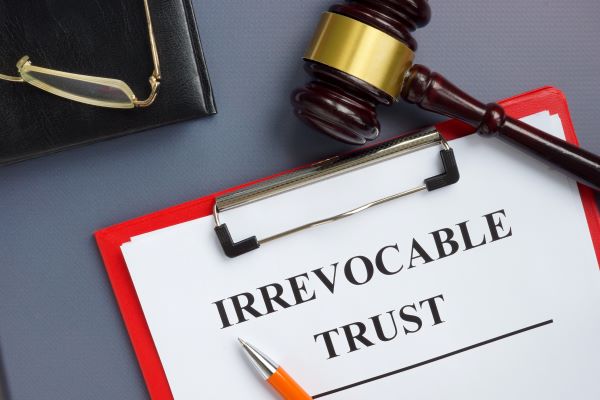Revocable vs. Irrevocable Trusts
Revocable and irrevocable trusts are the two most common types of trusts used for estate planning. While there is some similarity, these two major categories of trusts have different purposes in your estate plan. Both can substitute for a last…
An Overview of the Trustee’s Role
You may be wondering who should be responsible for dispersing your assets as you begin your estate planning process or are just starting to consider how to proceed. A trust can be a great tool in your estate planning tool kit.…
Estate Planning for 55+
A 2021 Wills and Estate Planning Study of 2,400 Americans by Caring.com with YouGov finds that since 2019 there has been a drop in the rate of Americans over fifty-five who have created a will from sixty percent to forty-four…
Wills vs. Trusts: Know the Differences for Your Estate Plan
Did you know that wills and trusts have different benefits for estate planning? Every state has particular laws and regulations governing these legal documents. You can have both a will and a trust; however, the information in each should compliment…
Do I Need a Wills or a Trust in My Estate Plan?
Wills and trusts have specific and quite different benefits for estate planning purposes. Each state has specific laws and regulations governing these legal documents. You can have both a will and a trust; however, the information in each should complement…
Including Family Values as Part of an Inheritance
If parents wait too long to begin instilling family values is can be a challenge to successfully addressing and legally formalizing inheritance of family values and assets. Undoubtedly the best time to teach and empower your children as eventual inheritors…








